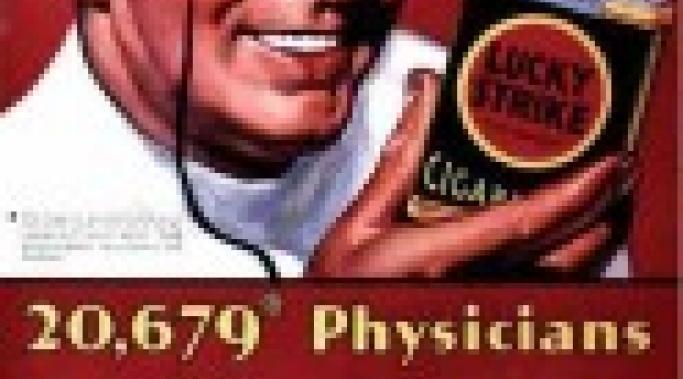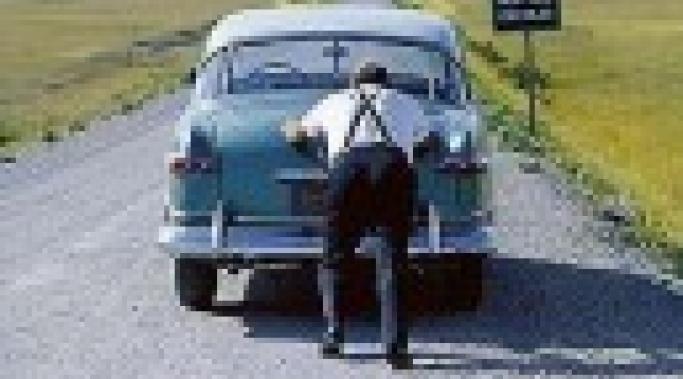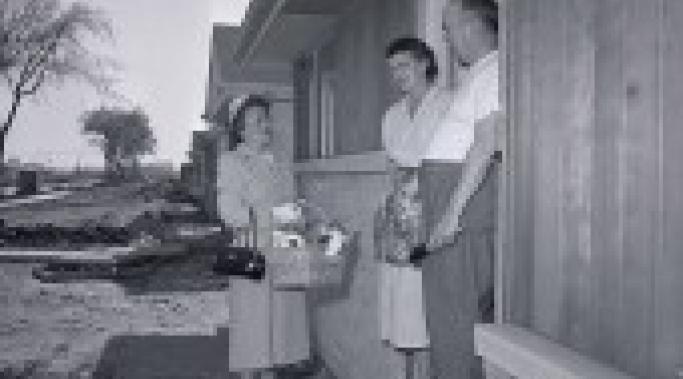For many of us who every morning strap on the old miner’s helmet and begin yet again the long descent into territories ruled by unseen dictators; who boldly confront the limitations and restrictions thrust down upon us like leaden capes by inexplicable, cruel fates; who summon the courage to confront yet another day replete with overwhelming obstacles and dark mysteries, who – Columbus-like – sail into an unknown sea teeming with tiny monsters both real and imagined – indeed, for all of us and others as well, Thanksgiving is a very special occasion indeed; or, more properly put, Thanksgiving is like a corpulent nightmare of wretched excess, unrealistic expectations, and unfair demands, served up dressed in bitter herbs on a harrowing stroll down memory lane where one is reminded of experiences one spends the rest of the year trying to forget.
Or not.
But these weepy reminders of what is so frequently the case overlook a social quagmire even more desolate than having to face one’s family on Thanksgiving, that is, having nowhere to go on Thanksgiving.
Funny in the Head
Those of us who labor in the heavily intoxicated vineyards of mental illness, mental health, and recovery – those of us who gaze in wonder at the never-ending inventiveness demonstrated by tormented souls scouring the landscape for new mechanisms of self-injury – those of us who chase the lighthouse beacon of serenity as we pitch and toss on a cultural sea of hazards, pitfalls, and demons – those of us who marvel at a world gone mad, a world intent on sabotaging health, moderation, and self-care at every step – those of us who, wracked by ADHD and overburdened by flashy, empty distractions – are united by one profound bit of good news – this sentence is about to come to an end.
For those of us who struggle with mental illness it is important to remember that even the darkest night is followed by the warmth of day; in other words, all things, even the most wretched things, end.
Let’s consider this for a moment. The Dark Ages ended, heck, even the Middle Ages ended – as a matter of fact I think mine ended about 15 minutes ago, making way for the onslaught of decrepitude referred to collectively as Old Age.
The careers of Frank Sinatra, Jerry Lewis and even The Three Stooges all came to a close; so remember, never abandon hope. Nightmares do end.
Remember way back when the most interesting thing to complain about was the wretched excess, questionable integrity, sleazy tactics, and relentless disingenuousness of what is referred to as the Presidential Campaign?
Seems like ages ago, does it not? Why? Simple. Reality ripped us from the clutches of affected patriotism and metaphorical backstabbing in a big old dramatic manner unique to nature, nature which gives and removes all that is consequential, unlike political gasbags who – at their very best – do less damage than they might.
Let me preface this by saying that I’m a strong advocate of what is called “talk therapy”, whether conducted with a psychiatrist or psychologist. Today’s mental health care community likes to throw pills at problems because insurance companies prefer it that way – for obvious reasons - but real mental health recovery occurs over time as the result of a careful blend of professional guidance, pharmacology, and personal will, labor, and fearless commitment.
Talk therapy, when done properly, is the greatest emotional and spiritual adventure anyone could ever embark on. Compared to talk therapy, the much-discussed boating expedition of Columbus was simply a hop, skip and a splash down to the corner newsstand for a pack of smokes. But, it is dangerous and scary, and only works if the traveler is in the hands of a skilled guide.
When you live your entire life with mental illness your relationship with the particular nemesis tormenting you goes through a long, evolutionary arc. What do I mean by this? Let’s find out.
At first there is the glorious warm bath known as victim-hood, in which we indulge as long as possible until at last the water turns cold, grimy and inhospitable. At that moment we must look directly into the pitiless, unflinching eyes of reality’s rubber ducky. We fantasize about having ourselves dry-cleaned.
Our lament of how unfair this all is must finally be returned to our children, where it belongs. Fairness, as we have told them so many times, is not of this world. Stuff happens. Deal with it as best you can but please, no whining.
When I sat down to write Invisible Driving in 1990 there was no way for me to know that this simple act of literary recklessness would hurl me down a path of mental health advocacy ultimately culminating, 22 years later, in the conclusion of this sentence.
Such is life in the land of Whackadoomious. Prior to writing the universe’s first bipolar memoir, I had labored valiantly to keep my mental illness under cover, hidden from the pitchfork-wielding town folk who welcome the mentally ill with the same enthusiasm they shower on seven-year locusts. Going public as a bipolar bear gave me what I call “confession Tourette’s” – I went from “lips are sealed” to bipolar blabbermouth.
Essentially, I wanted to educate the public as much as possible and, I dared, even defied, any of them to look down on me. I had a surly honking attitude back then. In time, I actually came to a point where I condescended to square shooters because – without mental illness as a teacher – their life experience was, quite frankly, inadequate in comparison to mine.
For reasons we might want to explore at some other time, I spent over 30 years toiling in the corporate vineyards as an advertising copywriter – an occupation which enjoys a level of social prestige roughly equivalent to that of garbage collector, lawyer, and snake oil salesman – although to be sure – the latter group is begrudgingly afforded a modicum of respect since almost everyone abhors a squeaky snake. I know I do.
But I digress. Writers, as you know, are a disreputable lot. As a rule they live in culverts, subsist on scraps of food left by others in greasy spoon diners on the outskirts of town, frequently showing up for work with three day’s of stubble, pockets crammed with losing lottery tickets, reeking of bourbon and cheap cigars. The men are even worse!
As a bipolar dipsomaniac with a chronic attitude problem that includes contempt for authority, you can imagine I lost and found and lost employers the way others misplace car keys. Some jobs were submerged deep within the bowels of soulless corporations shamelessly exploiting the witless populace, while others resided in neurosis factories referred to as advertising agencies where paranoia, throat-slitting, and British wardrobes were passed off as creativity.
I entered the damp basements of Alcoholics Anonymous many years ago, and found a new, immeasurably superior, way of life. I won’t belabor this point, and I certainly won’t try to sell it to you. But I will say it worked for me and continues to do so.
Everything about it surprised me, which was annoying, because I don’t like surprises; I’m the kind of person who likes to believe he has it all worked out, (especially when he doesn’t), which I suppose is part of the reason I ended up there in the first place.
One of the biggest surprises of all was the amount of humor. Indeed, the process of having your perspective adjusted almost always improves your sense of humor.
I will never forget buying my first house. It was a suburban rancher set in the bucolic splendor of Bucks County, Pennsylvania. Bucks County, for those who don’t know, was home to William Penn. It is bordered on the east by the Delaware River, indeed, the famous incident depicted in a painting familiar to all schoolchildren - General George Washington recklessly standing up in a moving boat at winter as he and his intrepid soldiers cross the Delaware – happened there.
Bucks County is also where one finds New Hope (and who among us isn’t looking for New Hope?) a quaint tourist town dating back to colonial days that flourished because the ferry located there facilitated trade. Two centuries later New Hope would gain a different kind of celebrity as the summer residence of New York’s smart artistic set including painters, playwrights, composers, humorists, actors, fops, poseurs, and social butterflies.
My wife and I were able to afford it because it was a disaster area – the real estate agent described it as “tenant abused” – the victim of a “hot divorce”. This was an understatement, like saying that Dresden in 1945 “needed some TLC”. But the setting was remote and lovely. Our next door neighbor was a large dairy farm, our neighbor across the street was a horse farm where racehorses were bred and raised, and our down the street neighbor was a big-time cocaine dealer who lived in a massive geodesic dome and flew everywhere in his private helicopter.









